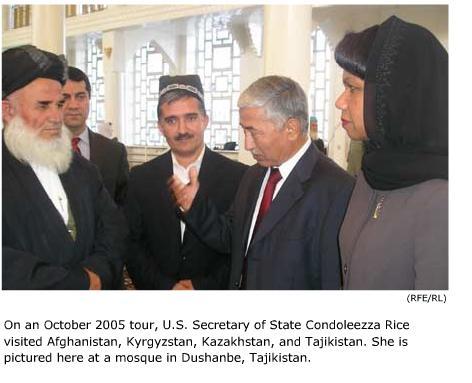After the unsuccessful envoys returned from France, Dr. George Logan, a
Philadelphia Quaker, a doctor, and a Republican, decided to attempt on his own to
settle the controversies. Bearing a private certificate of citizenship from his friend,
Thomas Jefferson, who at the time was Vice President, Logan sailed for France on
June 12, 1798. In France he was hailed by the newspapers as the envoy of peace and
was received by Talleyrand. The French Directory, having concluded that it was
politically wise to relax tensions with the United States, issued a decree raising the
embargo on American merchant ships and freed American ships and seamen.
Logan, however, received a less friendly response from the United States after
he returned. Secretary of State Pickering told him that the French decree was
illusory. General Washington expressed his disapproval of Logan’s actions.
President Adams recommended that Congress take action to stop the “temerity and
impertinence of individuals affecting to interfere in public affairs between France and
the United States.”4 Representative Roger Griswold of Connecticut introduced a
resolution in Congress to prevent actions similar to Logan’s:




